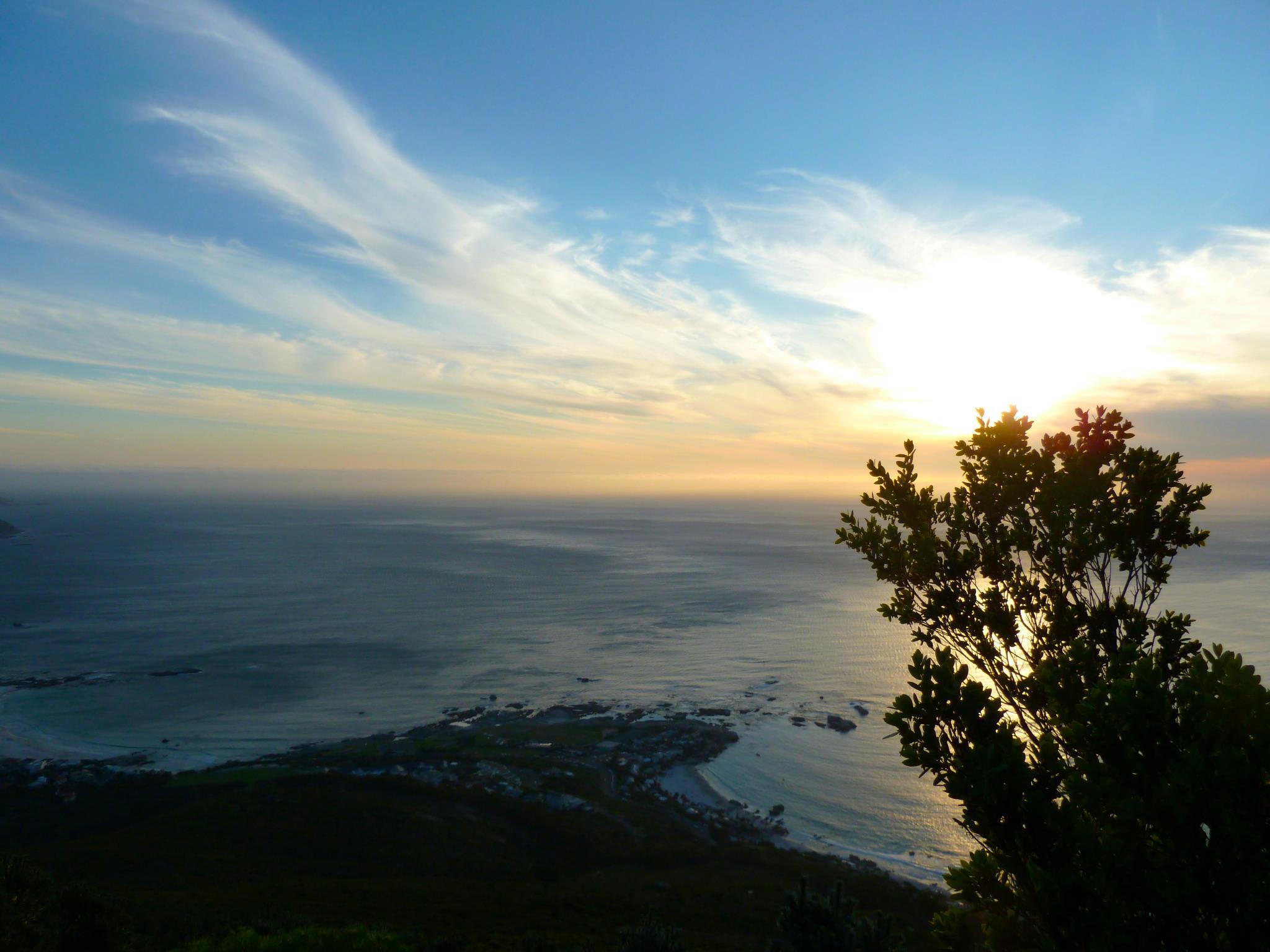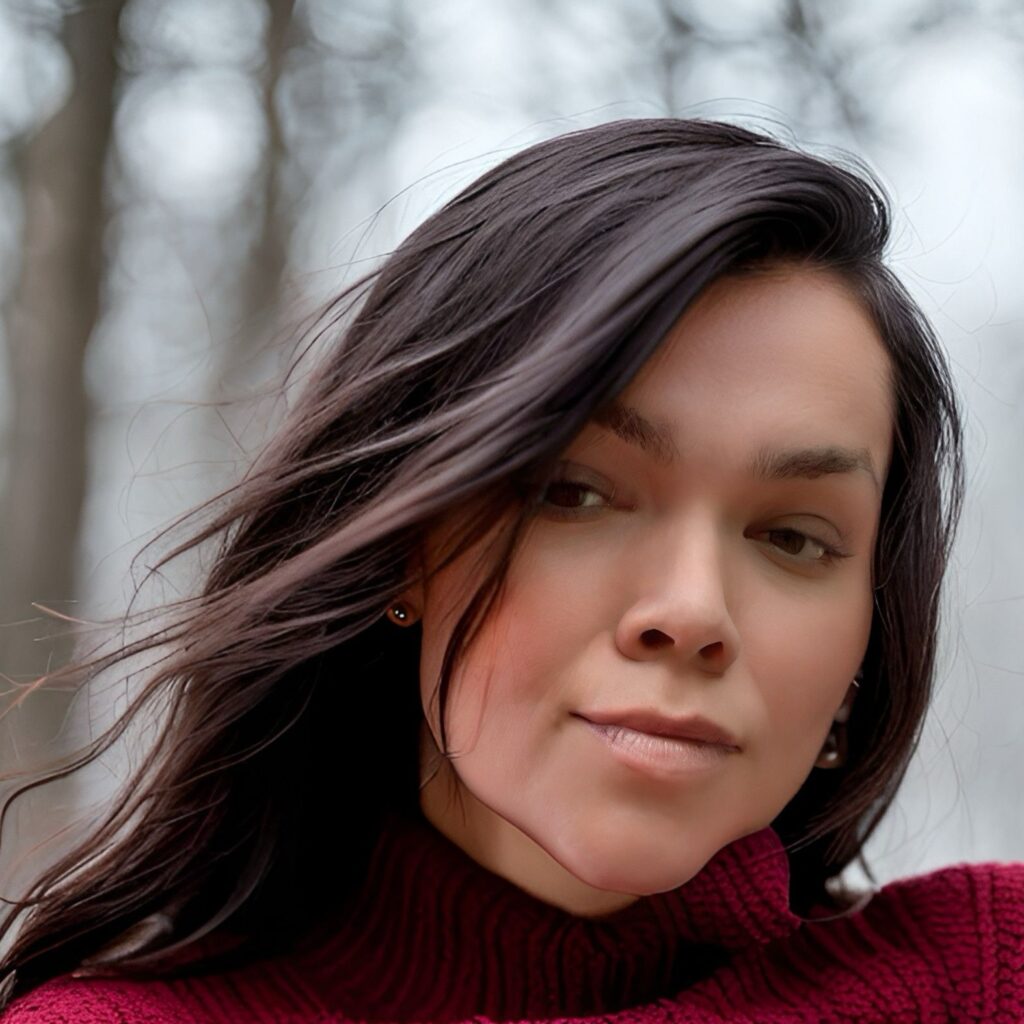

No’a L. bat Miri
נועה בת מירי
Plus ça change.
The most recent meaningful update, and perhaps the only significant update for some time, is that I will return to graduate studies in Fall 2024. If you haven’t heard from me lately, assume that I am reading, writing, and wrestling with some obscure little thing that has become the linchpin of my consciousness. Hopefully an idea, rather than a bear.
As of 15 April 2024:
I remain OPEN to part-time teaching opportunities and to substantial editorial projects (developmental editing, manuscripts of 20,000+ words) that are appropriate. Former students seeking letters of recommendation or similar should feel free to ask with at least three weeks’ notice. My availability will be significantly reduced between mid-June and the end of July.
Plus c’est la même chose…
A writer and educator, my work has historically focused on applying a framework of semiotic and narrative analysis to questions that relate to interaction between humans and “natural resources.” My strongest and most consistent intellectual interest has been religious land-relationship narrative, with special emphasis on the masoretic (traditional) text of the Torah and selections from the Mishnah, how the laws and legends reflected therein emerge from and differ from pre-Biblical societies in the Ancient Mediterranean and West Asian region, and how Jewish communities interact with and apply these narratives to our own contemporary, traditionally-informed lives.
With formal training in economics, interdisciplinary urbanism, and English writing and literature (with an emphasis on Latin American literatures), I have taught in the democratic education tradition, worked as an editorial services provider, and served a variety of nonprofits at the executive level. My most recent post was at the Drisha Institute, the organization where I received the bulk of my formal religious training in Tanakh and Talmud. My main mentors have been Rabbi David Silber and Mary Gaitskill. Other strong influences on my thought are the modern community of environmental humanities practitioners, the Malbim, Sor Juana, and Victor Hugo.